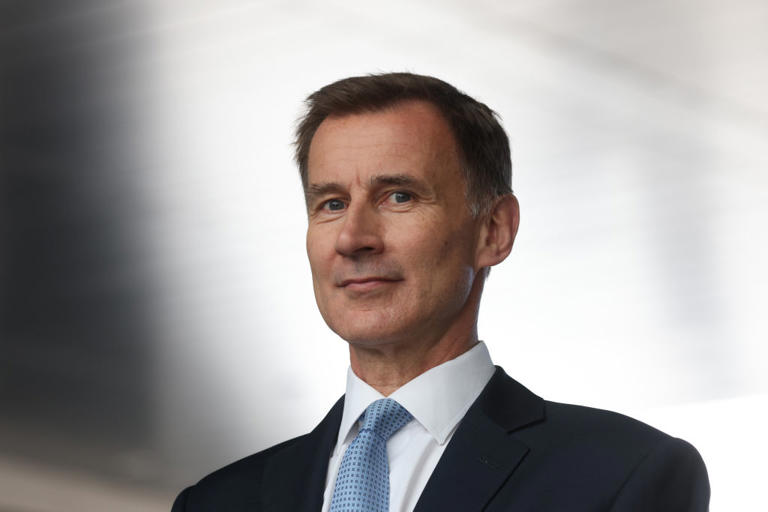Julian Jessop contends that the UK’s economic challenges are profound and cannot be remedied solely through tax cuts. Leading up to the March Budget, speculation abounds regarding the Chancellor’s capacity for tax reductions and their potential application. Yet, a prevailing sentiment suggests the existing fiscal framework is inadequate for addressing the nation’s needs.
Richard Hughes, the chair of the Office for Budget Responsibility (OBR), candidly labeled the OBR’s projections as a “work of fiction.” His statement highlights the lack of clarity regarding the government’s plans for departmental spending, which are assumed to decrease as a percentage of national income despite increasing demands. Additionally, recent data indicates a slight alleviation for the Chancellor, with borrowing in the financial year-to-January surpassing OBR projections by £9.2 billion due to significant downward revisions in previous data.
While the improved borrowing figures offer some relief, it only marginally impacts the government’s fiscal headroom. This term refers to the extent by which the government could reduce taxes or increase spending while still adhering to borrowing and debt targets five years hence. However, this calculation hinges on the OBR’s forecasts for the end of its projection period, rather than recent borrowing trends. Thus, while the recent data is promising, it does not significantly alter the broader fiscal outlook determined by longer-term projections.
It’s plausible that the OBR will estimate the ‘fiscal headroom’ to increase to approximately £20 billion, primarily due to the decrease in government borrowing costs. However, allocating the entirety of this sum to pre-election tax cuts may not be the wisest move, considering the law of diminishing returns in politics and economics. Public concern about the quality of public services suggests a need for balanced spending. Additionally, there are economic risks associated with tax cuts, especially concerning inflation.
The Chancellor must tread carefully to avoid exacerbating inflationary pressures, which could prompt prolonged higher interest rates by the Bank of England. Furthermore, the choice of taxes to reduce should align with clear economic objectives, a consideration often overlooked.
Focusing on poorer households for tax cuts can stimulate demand by encouraging spending. Lifting the freeze on personal allowances could redistribute the Treasury’s windfall from inflation to those in need. However, recent measures like National Insurance cuts and upcoming wage increases already support poorer households. Alternatively, tax cuts targeting high marginal rates and business burdens can enhance the ‘supply side’ of the economy, potentially less concerning to the Bank of England. Overall, addressing the UK’s economic challenges requires multifaceted approaches beyond tax cuts, including regulatory reforms and productivity improvements in the public sector, albeit such measures may lack popularity.
